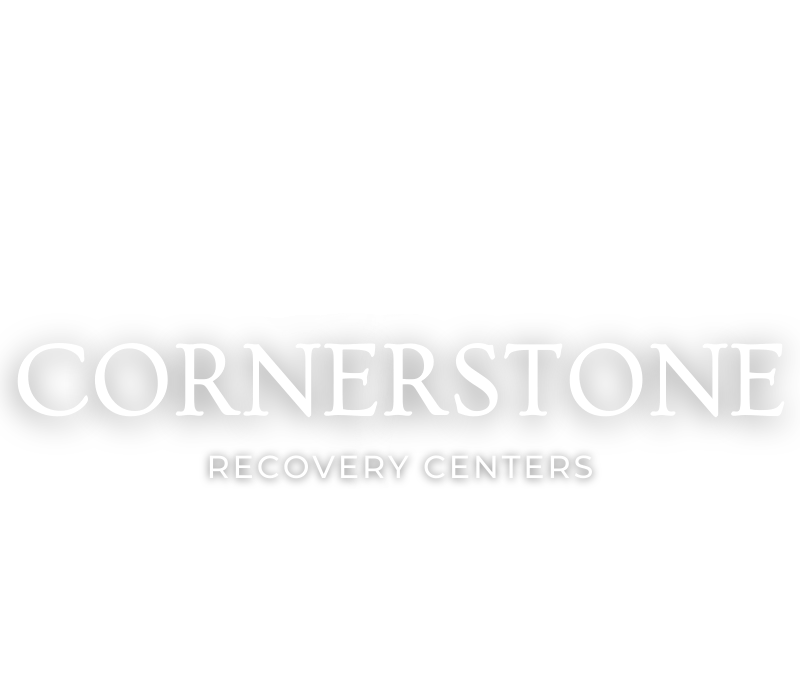
Welcome to Cornerstone Recovery Centers
The stone which the builders rejected
Has become the chief cornerstone.
Psalm 118:22
Our Mission is to empower women to overcome addiction and mental illness through exceptional clinical and spiritual care, guiding them into lives of purpose, stability, and stewardship, rooted in a transformative relationship with Jesus Christ as the foundation for their lasting recovery.

Saving the lives of Mothers, Daughters, and Sisters
Of Georgia’s homeless mothers, 62% struggle with substance use disorders, yet 78% avoid treatment for fear of losing their children. in 2021
More than 17,500 women died from drug overdoses in 2023
5.2 Million Women with Substance Use Disorder Go Untreated Every Year
Our Facility
Projected to open in the beautiful mountains of North Georgia, Cornerstone Recovery Centers (CRC) are Christ-centered treatment facilities dedicated to helping women overcome mental illness and addiction. Every medical space is built to FGI and OSHA standards, while healing-focused environments—such as fitness studios and reflective spaces and our sanctuary—nurture holistic recovery of body, mind, and spirit.
Cornerstone Recovery Centers’ 136-bed facility (122 on-campus beds and 14 Sober Living Beds) combines the comfort of a resort with the rigor and professionalism of a clinical setting.
Treatment Options at Cornerstone Recovery Centers
At Cornerstone Recovery Centers, our medical approach is an extension of our foundational belief that true healing integrates the mind, spirit, and body through the redemptive power of Jesus Christ. We reject the masking of spiritual or psychological symptoms with unnecessary medication. We pursue full restoration — empowering women to reclaim wholeness and live abundant, purpose-filled lives.
-
Drug detox is the natural process of ridding a substance from the body. However, a professional drug detox program, also sometimes referred to as “medically managed withdrawal,” entails the use of a set of interventions (such as medications and other therapies) to safely manage the side effects that accompany quitting drugs.
The goal of a drug detox is to minimize the potential physical harm that may result from quitting a drug (or drugs) after a sustained period of use.
-
Residential Treatment is a 24/7 structured, live-in level of care for individuals with acute mental health and/or substance use disorders who require intensive clinical support but do not need acute hospitalization.
Delivered in a non-hospital, therapeutic environment, it provides multidisciplinary interventions (medical, psychological, spiritual) to stabilize symptoms, build coping skills, and address underlying trauma or co-occurring conditions. Treatment typically lasts 30-90 days.
Residential rehab, and many types of inpatient rehab, offer certain benefits that other forms of treatments may not always offer. Some of these benefits include:The ability to detox in a safe and secure environment offering 24/7 care and support.
The ability to work through substance use issues, codependency, co-occurring disorders, and trauma in a safe and secure environment.
Various therapies.
A tight-knit community with whom to process all stages of substance use recovery.
-
A dual diagnosis program addresses both a mental health disorder and a substance use disorder simultaneously in a patient.
It recognizes that these conditions often occur together and that effective treatment requires addressing both concurrently.
This approach is also known as integrated treatment and aims to help individuals achieve long-term recovery from both conditions. -
Cornerstone Recovery Centers’ Partial Hospitalization Program (PHP) is an intensive, short-term, in-person outpatient program (classified as such in most states, though some classify it as inpatient) providing daily structured treatment (minimum 5 hours/day, 5-7 days/week).
It bridges inpatient hospitalization and standard outpatient care for individuals with significant psychiatric issues (e.g., mood disorders, anxiety, PTSD) and/or substance abuse, including co-occurring disorders, who do not require imminent safety supervision (not imminently homicidal/suicidal) but need crisis stabilization, acute symptom management, and recovery support beyond typical outpatient intensity. -
Cornerstone Recovery Centers’ Intensive Outpatient Program (IOP) provides a highly structured treatment program that addresses substance use disorder (SUD) issues and relapse prevention for individuals who do not require medical detoxification or 24-hour supervision.
Individuals participating in IOPs are able to maintain responsibilities at home, school, or work since they can return home or to a sober living environment at the end of each day.
-
Our Sober Living residences are a step down from formal substance use treatment programs. These homes offer an in-between option for individuals after they complete a treatment program and before they return to their homes and lives.
This transition provides continued support while residents learn to apply their newly learned self-reliant skills to real-life situations while they remain drug- or alcohol-free in a community environment.Sober living homes are substance-free living environments for individuals who want to be abstinent from substances and maintain their recovery.
What we Treat
Cornerstone Recovery Centers provides comprehensive treatment for a wide spectrum of mental health, behavioral, and substance use disorders. Our evidence-based programs address conditions across all major diagnostic categories
-
Generalized Anxiety Disorder (GAD)
Panic Disorder
Social Anxiety Disorder
Separation Anxiety Disorder
Specific Phobias
-
Post-Traumatic Stress Disorder (PTSD)
Acute Stress Disorder
Adjustment Disorders
-
Obsessive-Compulsive Disorder (OCD)
Body Dysmorphic Disorder
Hoarding Disorder
-
Major Depressive Disorder
Persistent Depressive Disorder (Dysthymia)
Premenstrual Dysphoric Disorder
-
Bipolar I Disorder
Bipolar II Disorder
Cyclothymic Disorder
-
Schizophrenia
Schizoaffective Disorder
Delusional Disorder
Brief Psychotic Disorder
-
Anorexia Nervosa
Bulimia Nervosa
Binge-Eating Disorder
-
Substance Use Disorders (General)
Alcohol Use Disorder (Alcohol Dependence)
Opioid Use Disorder (Opioid Dependence)
Cannabis Use Disorder
Gambling Disorder
-
Attention-Deficit/Hyperactivity Disorder (ADHD)
Autism Spectrum Disorder (ASD)
Intellectual Disability
-
Oppositional Defiant Disorder (ODD)
Intermittent Explosive Disorder
Conduct Disorder
-
Dissociative Identity Disorder (DID)
Depersonalization/Derealization Disorder
-
Somatic Symptom Disorder
Illness Anxiety Disorder
-
Insomnia Disorder
Narcolepsy
The ability to detox in a safe and secure environment offering 24/7 care and support.
The ability to work through substance use issues, codependency, co-occurring disorders, and trauma in a safe and secure environment.
Various therapies.
A tight-knit community with whom to process all stages of substance use recovery.
Strategic Alignment in Leadership and Operations
At Cornerstone Recovery Centers, Executive Leadership and the Board of Directors collaborate closely to align strategic vision with operational execution, ensuring every initiative reflects our Christ-centered mission and biblical principles.
The Board provides governance and guidance, while leadership implements data-driven strategies to advance organizational goals, fostering accountability and innovation across our programs.
Team members are selected based on their expertise, alignment with our faith-based values, and commitment to compassionate care, ensuring a unified effort to support healing and recovery in our community.
Kali Mann
Chief Executive Officer
Cornerstone Recovery Centers
-
Kali Hoffman, CEO of Cornerstone Recovery Centers
Kali Mann is a visionary leader and strategic communicator dedicated to advancing Cornerstone Recovery Centers’ mission of providing Christ-centered care for individuals on their journey to recovery.
Led by her faith in Jesus Christ, she blends creativity and data-driven strategy to lead the CRC’s 136-bed facility.
A proven advocate for mental health, Kali has spearheaded national initiatives like the Combat the Silence campaign to address veteran suicide and collaborated with organizations such as Blue Star Families, the YMCA, The Department of Veterans Affairs, the American Red Cross and TAPS to amplify social impact.
Her leadership has delivered remarkable results, including a $15M capital campaign and innovative crisis fundraising strategies that combine empathy with operational excellence.
Holding dual degrees in Multimedia Communications and Sociology, along with certifications in Emergency Medicine and Graphic Design, Kali brings a unique blend of compassion, technical expertise, and strategic vision to her role. Her commitment to faith-based principles and transformative storytelling ensures
CRC remains a beacon of hope, fostering healing and resilience for those in need.Driven by purpose, Kali believes in the power of community, faith, and innovation to create lasting change.
-
Email: KaliM@cornerstonerecoverycenters.com
Phone: 678.939.3104



